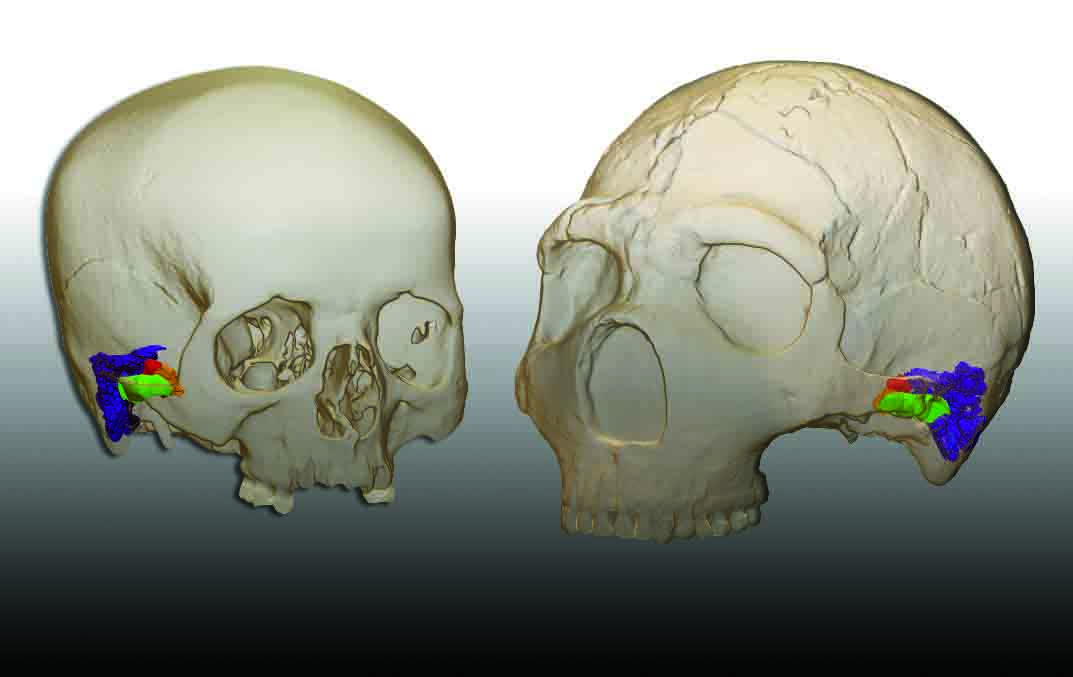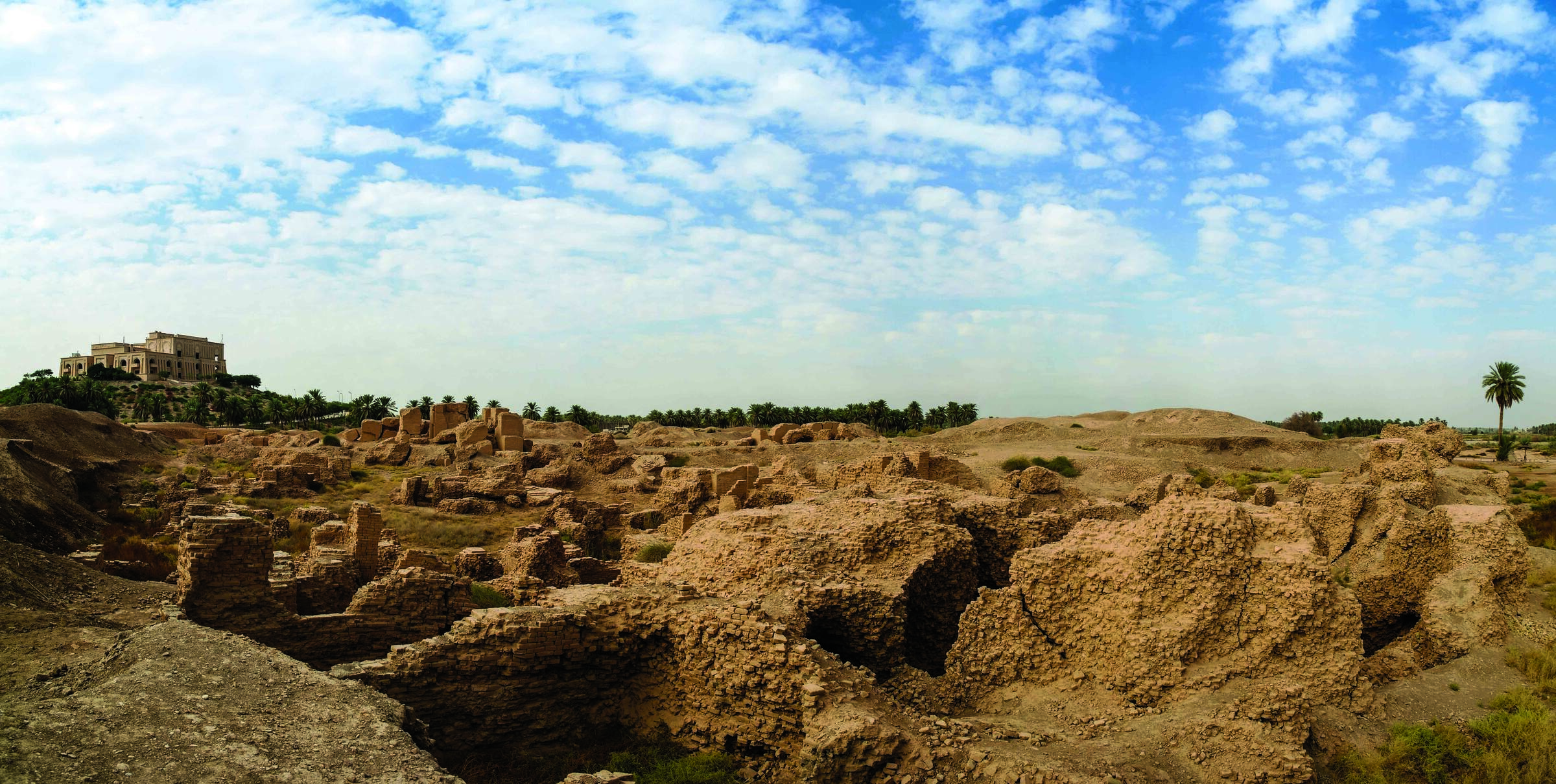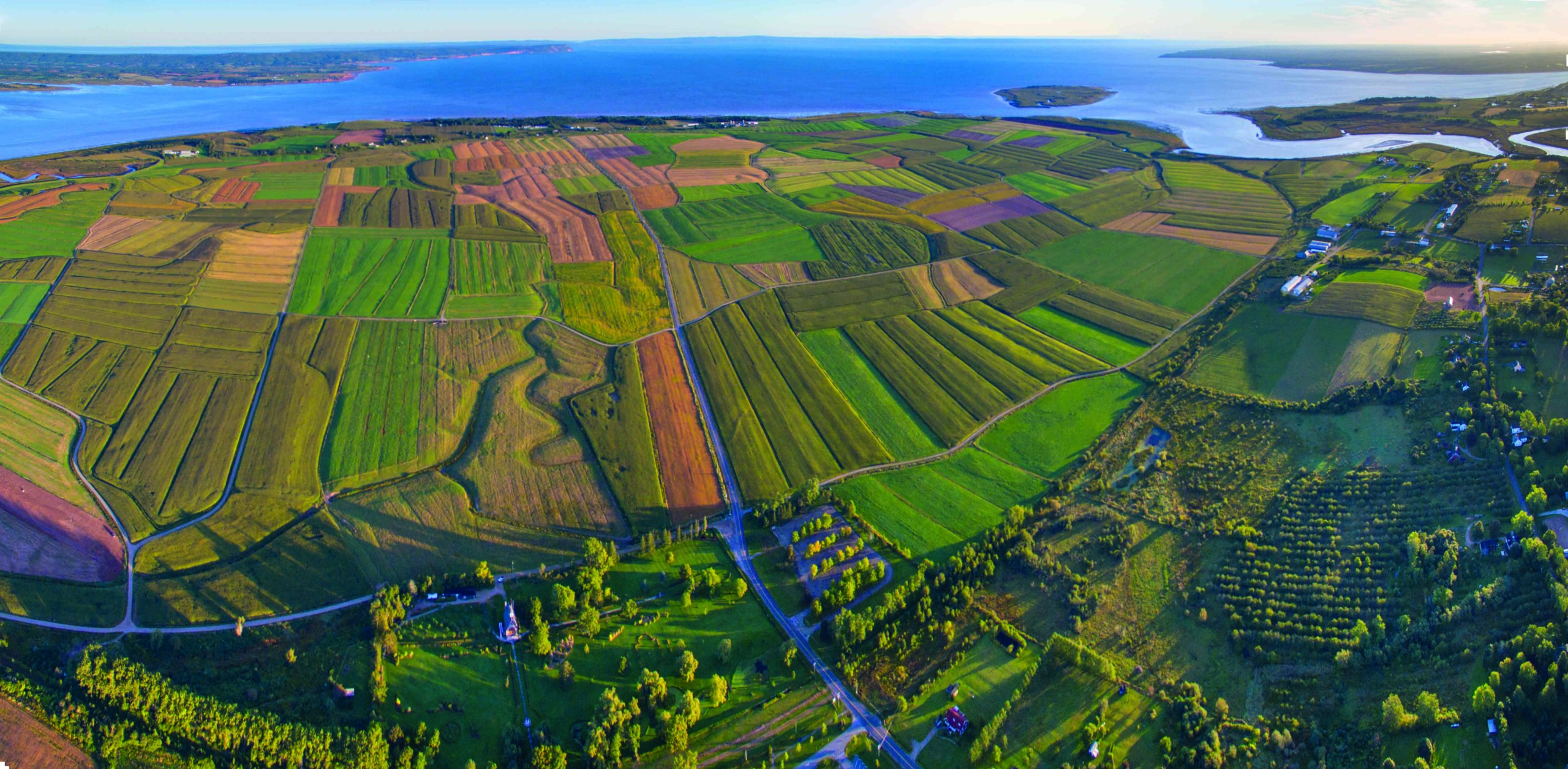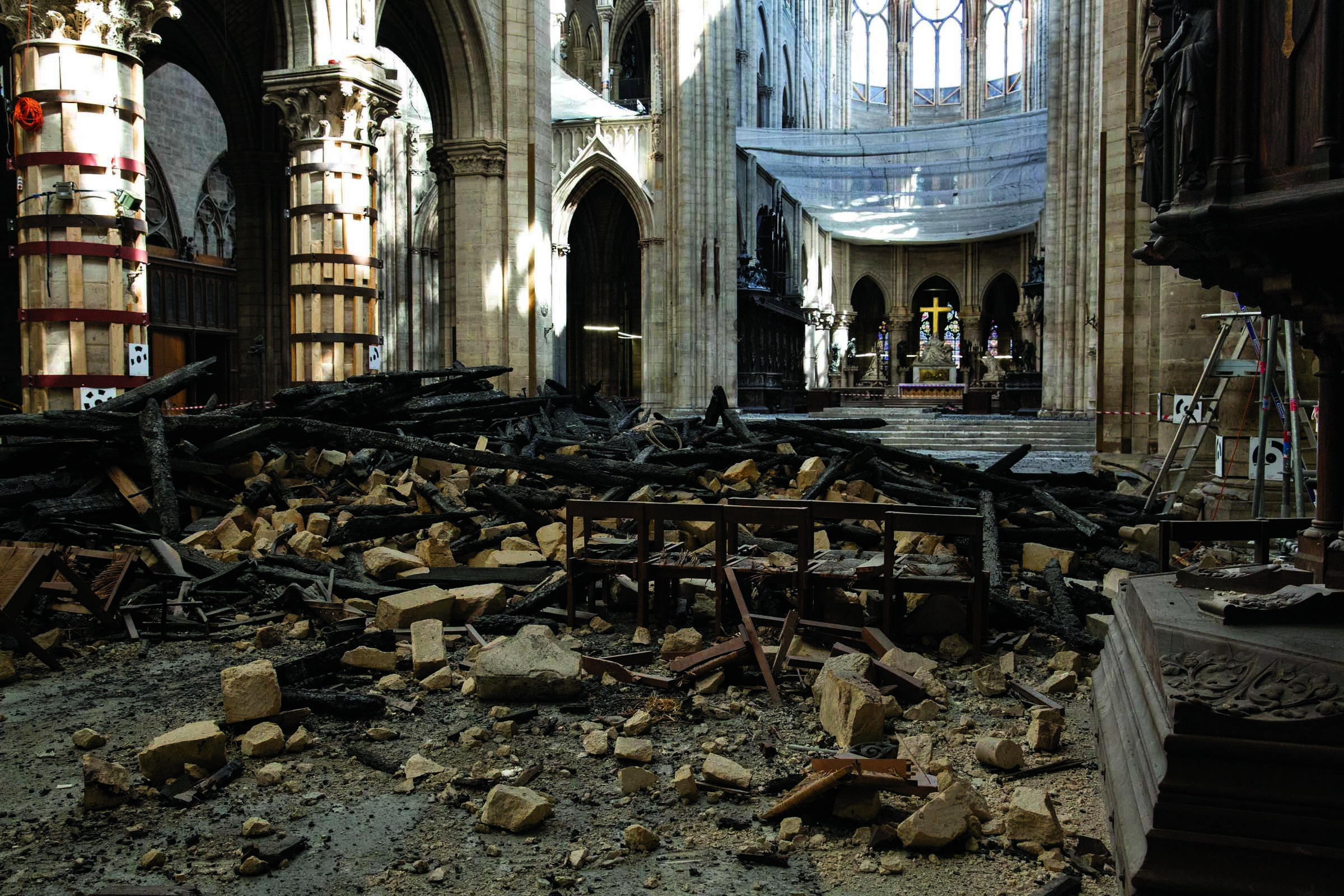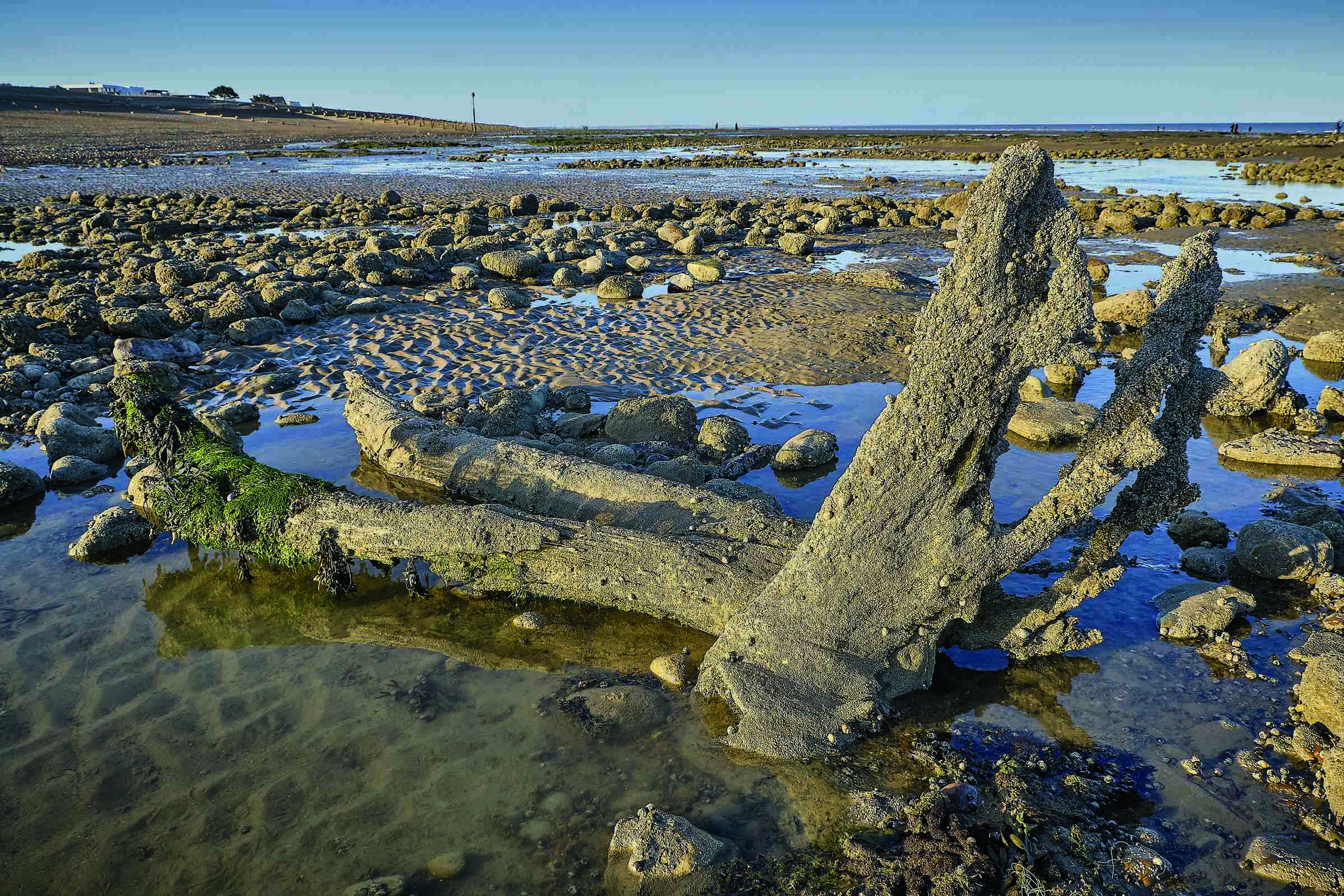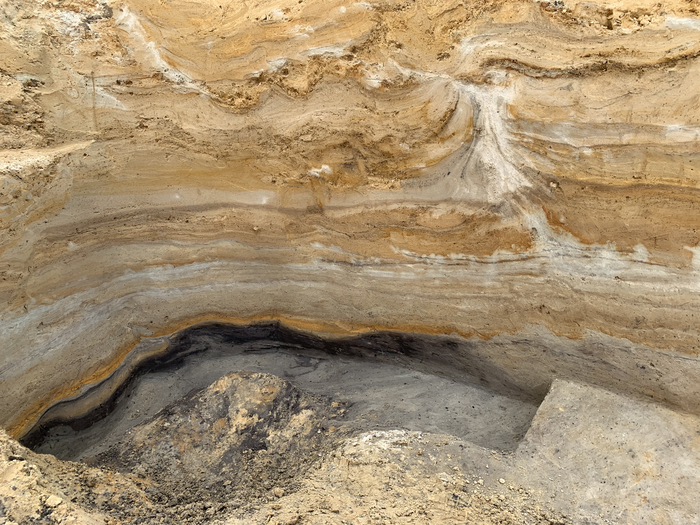
LEIPZIG, GERMANY—According to a statement released by the Max Planck Institute for Evolutionary Anthropology (MPI-EVA), Neanderthals living in what is now northern Germany were able to adapt to changing climate conditions. Researchers including Michael Hein of MPI-EVA and Marcel Weiß of the University of Erlangen-Nuremberg combined information obtained through luminescence dating, sedimentology, and the analysis of pollen and phytoliths to recreate conditions at what was once a lakeshore area in the Wendland region of Lower Saxony. The study found that at the end of a warm phase some 90,000 years ago, Neanderthals used specialized stone tools to process plants and work with wood in what had been a heavily forested area in a temperate climate. As the climate grew colder and the forest thinned, Neanderthals adapted their stone tools. Then some 70,000 years ago, at beginning of the first cold maximum of the last Ice Age, Neanderthals are thought to have made short visits to the northern lakeside, perhaps to hunt during the summer months. To read about a site on the island of Jersey that Neanderthals occupied for 200,000 years despite changing environmental conditions, go to "A Traditional Neanderthal Home."



